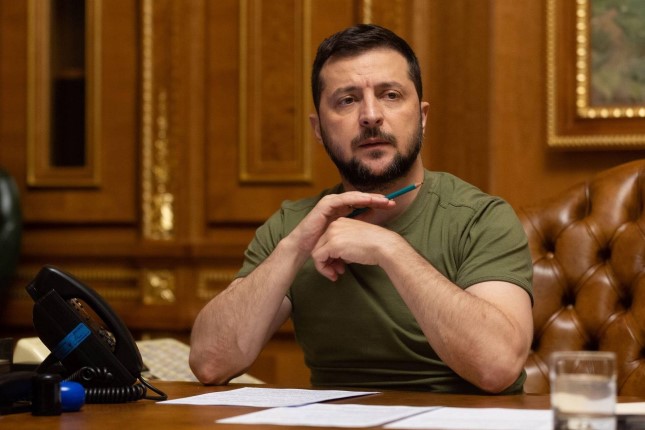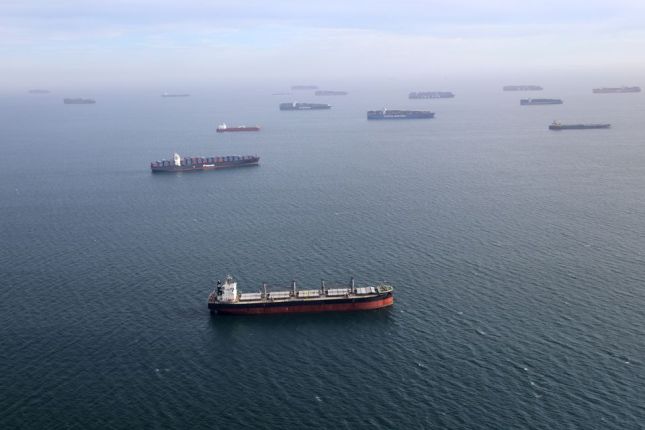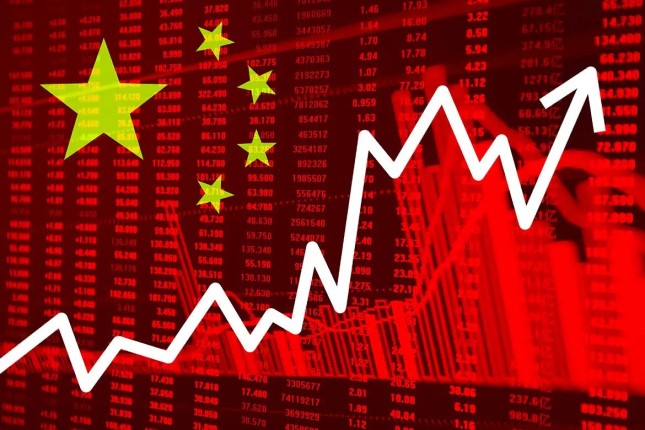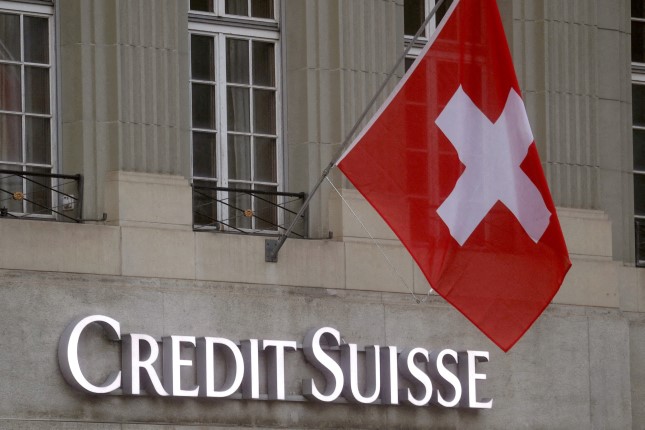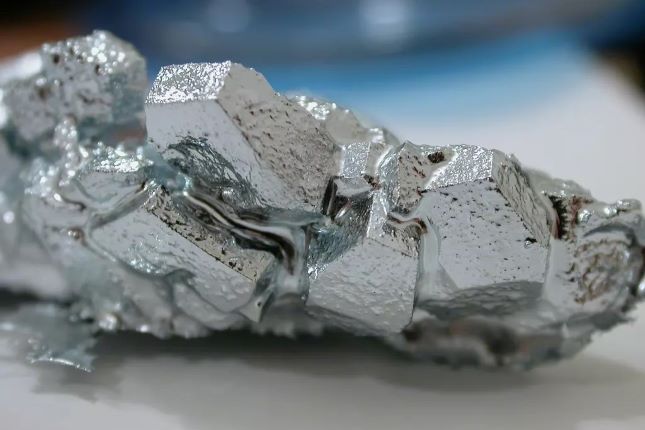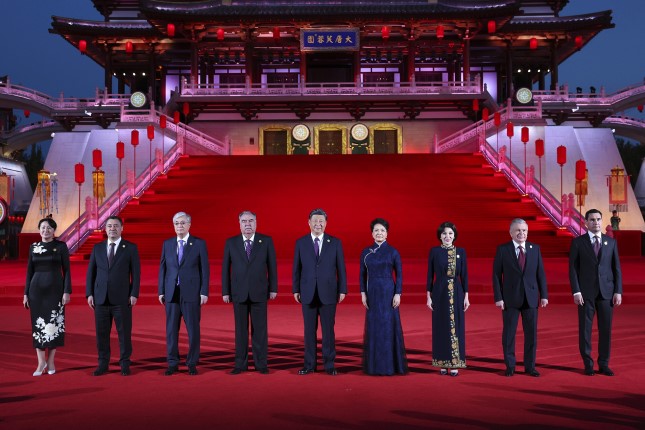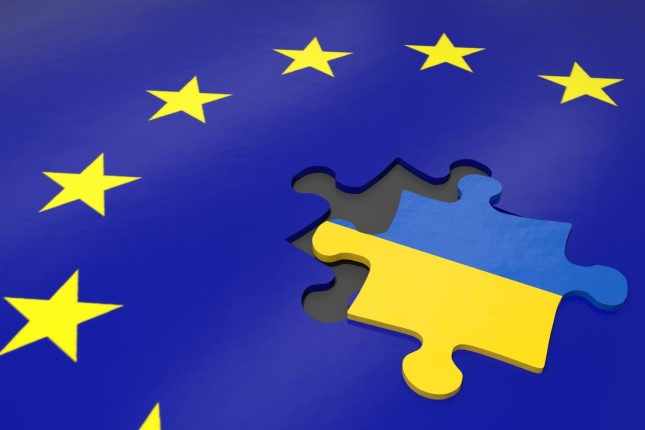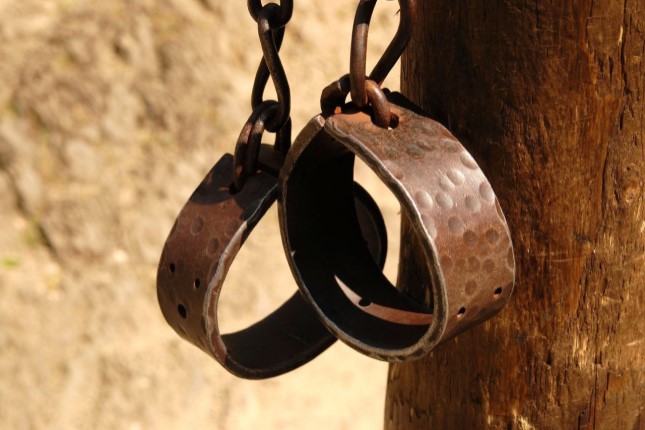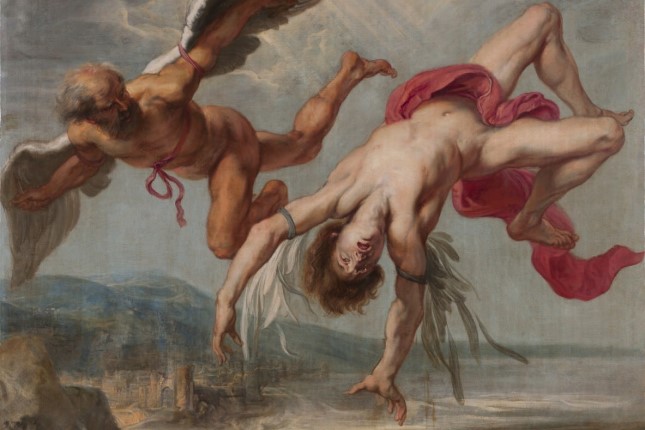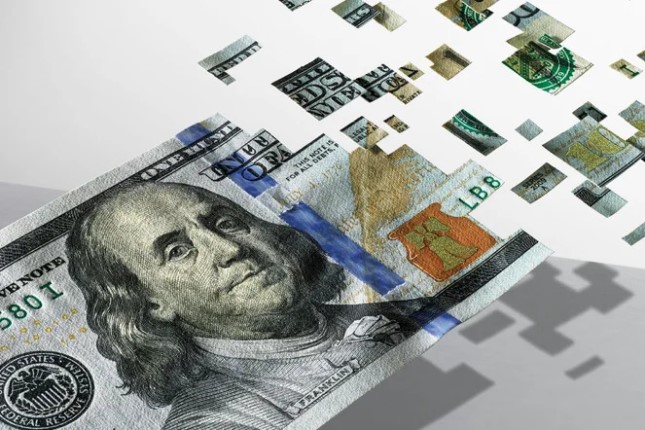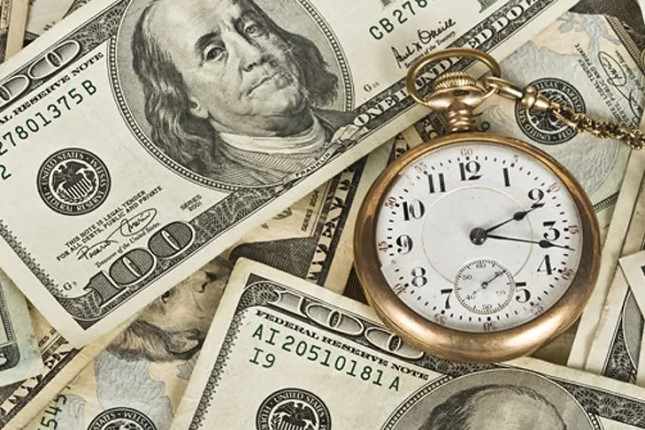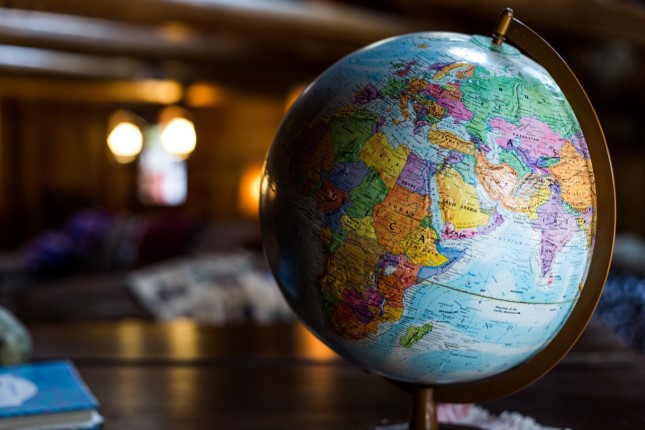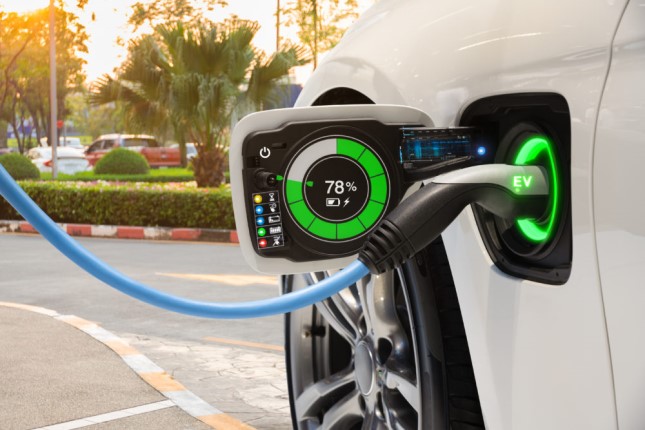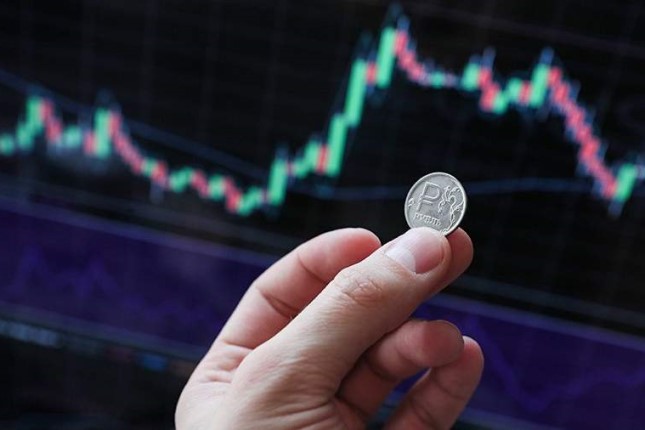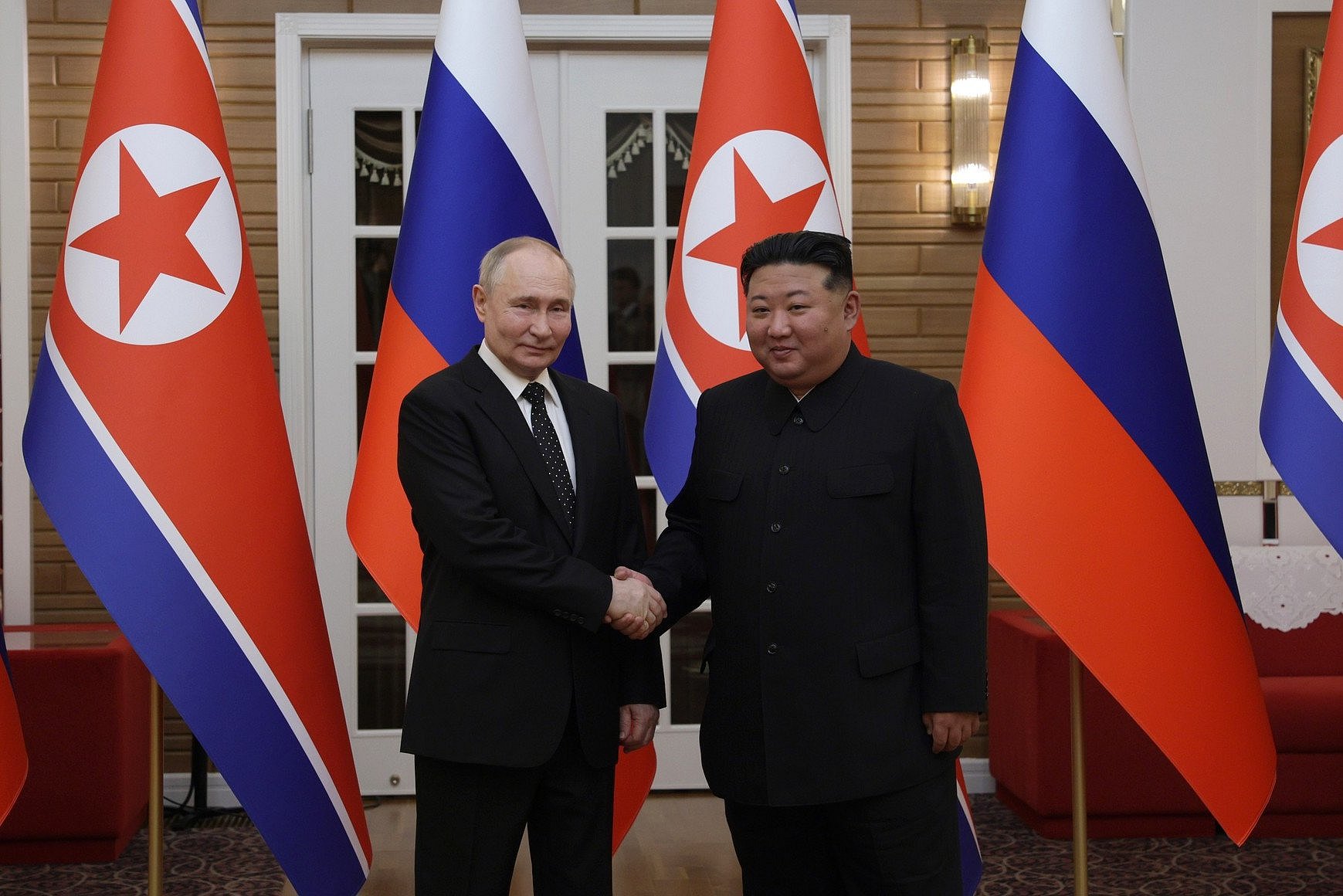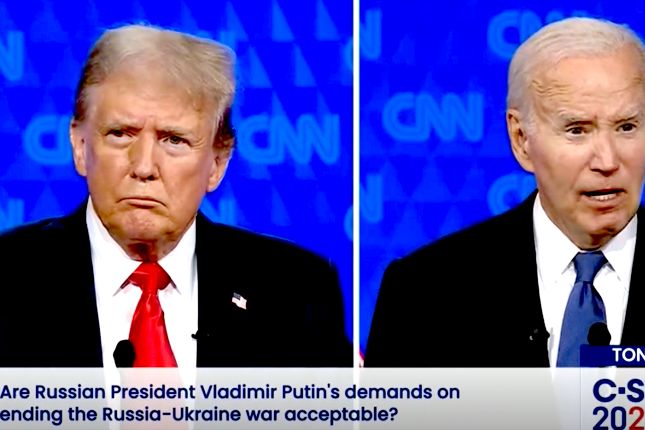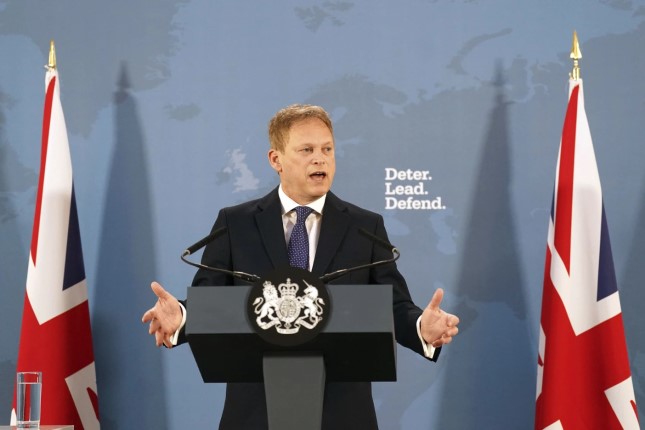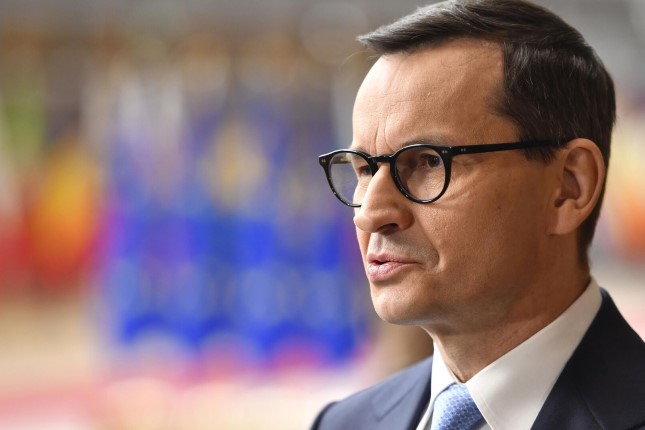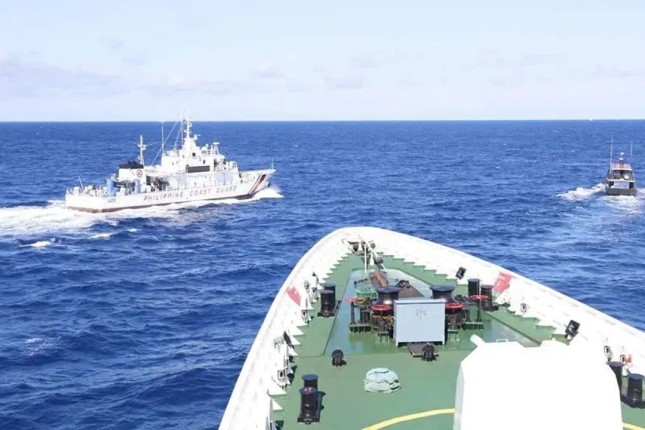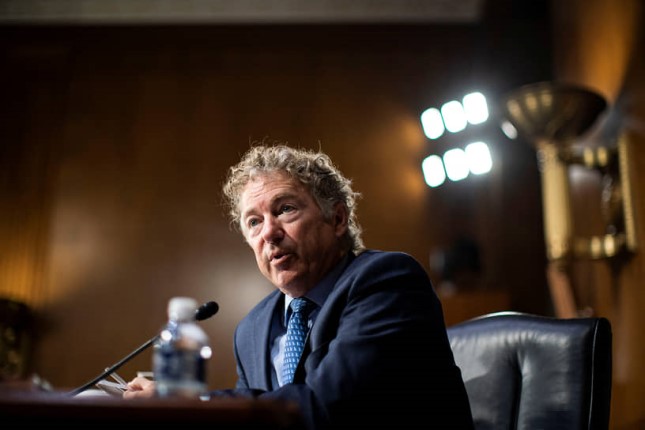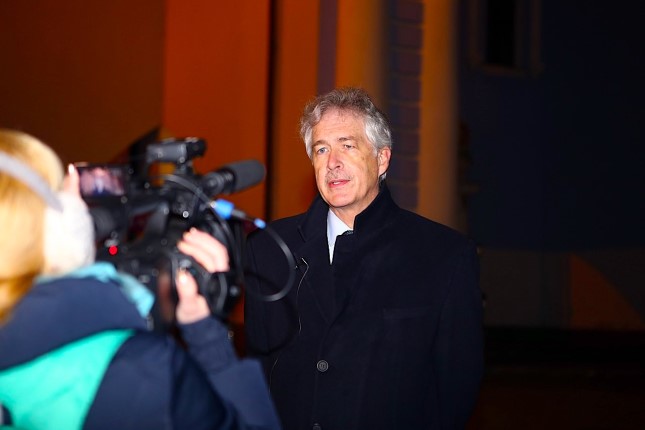It was reported on November 7, 2022, smack on the day that some still celebrate as the anniversary of the Russian 1917 revolution that Ukraine had launched a sweeping nationalization campaign.
In a move accompanied by sanctions, reprisals, or threats of retaliation against private business owners, Ukraine's government is taking control of stakes in some of the largest Ukrainian companies currently owned by the nation's billionaire oligarchs, including energy companies Ukrnafta, Ukrtatnafta, engine maker Motor Sich, automaker AvtoKraz, and Zaporizhtransformator, a transformer maker, without paying a dime. Hundreds of Ukrainian businesses have been put on the list of assets that are slated for being snatched away by the authorities and quite possibly looted away.
According to media reports, the National Commission for Securities and Stock Market took the decision to enforce mandatory seizure of the oligarchs' assets and their transfer to state ownership on November 6 at the initiative of the nation's Supreme Commander-in-Chief.
"Such steps, which are necessary for our country in conditions of war, are carried out in accordance with current laws and will help meet the urgent needs of our defence sector", President Volodymyr Zelenskiy wrote.
One of those affected by this decision, billionaire Ihor Kolomoisky, who resides primarily in Israel, lost a 42% stake in Ukrnafta, Ukraine's largest oil and gas producer involved in LNG production and the owner of a national chain of LPG filling stations.
Ukrnafta was reported to produce 62% of the country's oil and 6% of its natural gas back in 2019. Most of the company's assets are located in Kyiv-controlled parts of the country. Kolomoisky has also lost 60% of Ukrtatnafta, which he co-owns with his business partner Gennady Bogolyubov.
Ukrtatnafta's biggest asset is its Kremenchuk oil refinery. Although the refinery processed just shy of 3 million tonnes of oil a year, operating at roughly 16% of its nameplate capacity, it still accounted for up to a third of Ukraine's entire petroleum products market. It was one of the principal sources for supplying the country's strategic oil products reserves. The company has strong export potential thanks to a well-developed railway network in its vicinity and the refinery's proximity to key Ukrainian ports. However, Russian missile strikes in April 2022 severely damaged the plant and crippled its production capacity.
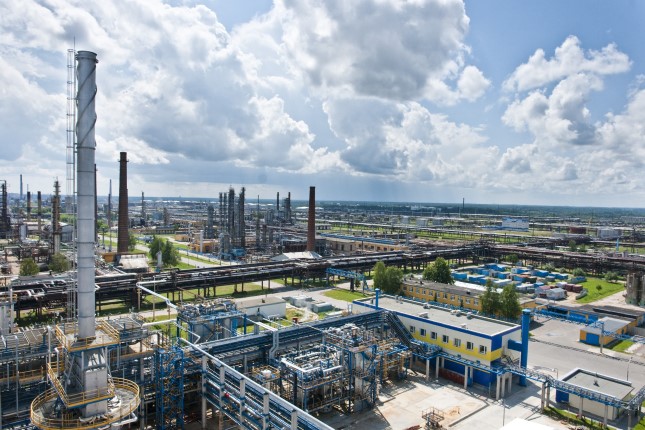
Kremenchuk Oil Refinery.
Another business asset taken over by the Ukrainian government is Motor Sich, one of the largest engine manufacturers in the former Soviet Union. The largest stake in the company had been controlled by "red director" Vyacheslav Boguslayev, one of Ukraine's 30 wealthiest individuals.
President Zelenskiy decreed to nationalize the company as far back as March 2021. Still, it appears that because of the company's disputes and ongoing litigation with its Chinese investors, the decision had not been acted upon until recently.
Another Ukrainian oligarch, Konstantin Zhevago, lost his ownership of AvtoKraz. This company, in recent years, has been focusing on supplying vehicles and equipment for Ukraine's military while a Russo-Ukrainian oligarch Konstantin Grigorishin had to give up his treasured Zaporizhtransformator. At a time when Russia's military is systematically destroying Ukraine's energy infrastructure, it is hard to overestimate the importance of this asset for the government.
Those close to the controversial oligarch Ihor Kolomoisky obviously appalled by the government's decision to seize his assets, have said they "were not aware of the legal grounds for the decision". For years, Kolomoisky had been viewed as Volodymyr Zelenskiy's sponsor and is believed to have been instrumental in securing the latter's election as the nation's president.
However, upon assuming office, Zelenskiy failed to live up to his sponsor's expectations and gradually distanced himself from Kolomoisky. What's more, he decided to strip the oligarch of his Ukrainian citizenship and extradite him to the United States, where he is being accused of having perpetrated financial crimes.
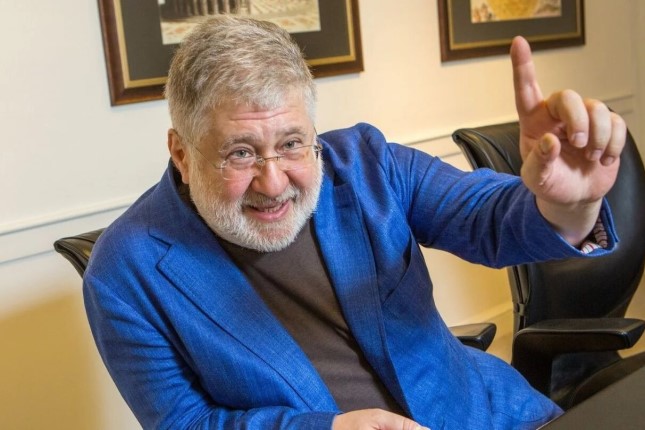
Ukrainian-born billionaire Ihor Kolomoisky.
Some of the other oligarchs met harsher treatment. One is Vyacheslav Boguslayev, a businessman with a controlling stake in Motor Sich. He was held in custody by Ukraine's Security Service when his company was being nationalized.
The 83-year-old executive of the old Soviet lineage had been accused of high treason and of illegally selling helicopter engines to Russia. In other words, Kolomoisky and Boguslayev were made an example to warn other oligarchs and business people alike of the kind of treatment that may await them should they resist continued nationalization.
There can be no doubt that it will continue. President Zelenskiy has already approved a law that sets out the procedure for nationalizing the country's systemically important banks under martial law.
According to Ukraine's National Bank, there are currently 14 systemically important banks. The law sets out a procedure for pulling out systemically important banks from the market "in case they lose their liquidity". If a bank is deemed to be "insolvent", it will be sold for the price of 1 hryvnia regardless of the actual size of its regulatory capital.
The law further states that if the value of the bank's common shares exceeds 1 hryvnia, this value will be reimbursed to its owners "solely at the expense of the indemnification funds to be received from the Russian Federation as reparations for the damage inflicted on Ukraine".
As announced in early November by Roksolana Pidlasa, an MP representing the Servant of the People party and a vice-chair of the Verkhovna Rada's Economic Committee, the first bank to be nationalized under this new procedure is Alfa-Bank Ukraine. One of Ukraine's top banks will be bought out from Russian billionaires Mikhail Fridman and Petr Aven for just one hryvnia without holding any preliminary discussions with them as "negotiating with persons under sanctions would be against the law".
Ukraine had imposed sanctions on Fridman and Aven earlier in October. The two businessmen currently residing in London were also slapped with UK sanctions soon after the breakout of hostilities in Ukraine, denying them access to their bank accounts. Interestingly, they had spoken vocally in support of Ukraine, as already reported by The Columnist.
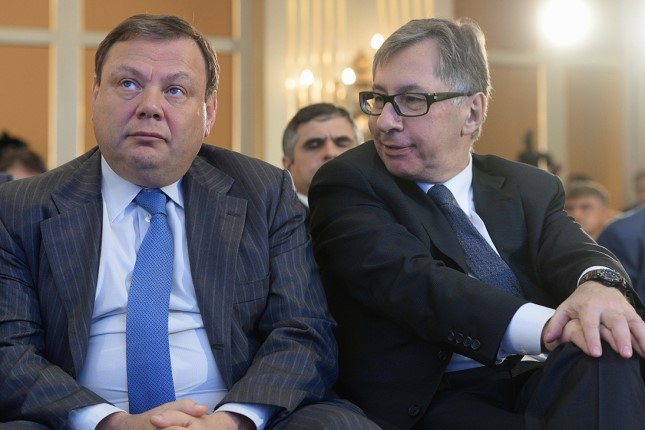
Mikhail Fridman and Petr Aven.
A Lviv, Ukraine native, Fridman had previously hoped to be granted Ukrainian citizenship and was negotiating to move his business to the jurisdiction of Ukraine.
On top of that, through the mediation of Jewish communities in Ukraine, he donated USD 150 million of his personal money to Kyiv, hoping that this would help him unblock his accounts and get the sanctions against him lifted. The USD 150 million meant to be donated was unblocked, and Ukraine did get the transfer, but the sanctions against Fridman were never lifted, with further sanctions introduced by Ukraine later. Now Alfa-Bank Ukraine is taken from him.
However, some doubt that the seized assets will end up in the "reliable hands of the government" and will be managed appropriately as conflicting reports about the funds' further fate keep coming in.
Some of the nationalized companies have already had their management replaced. There have also been reports that they may have been handed over to the country's Ministry of Defense. With the hostilities ongoing and with the confusion this creates, these essentially orphaned assets with a fuzzy status represent a perfect opportunity for the country's military to make a good profit.
